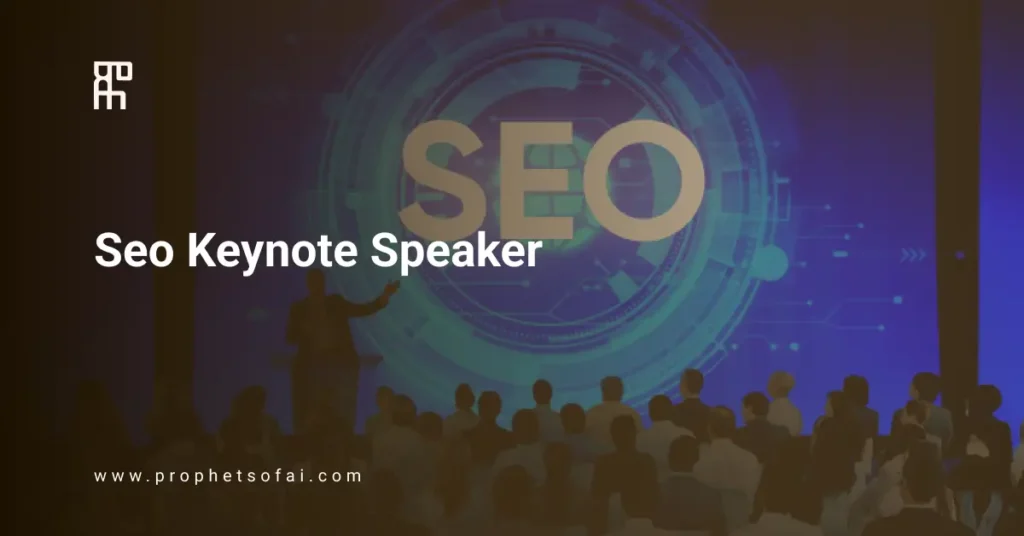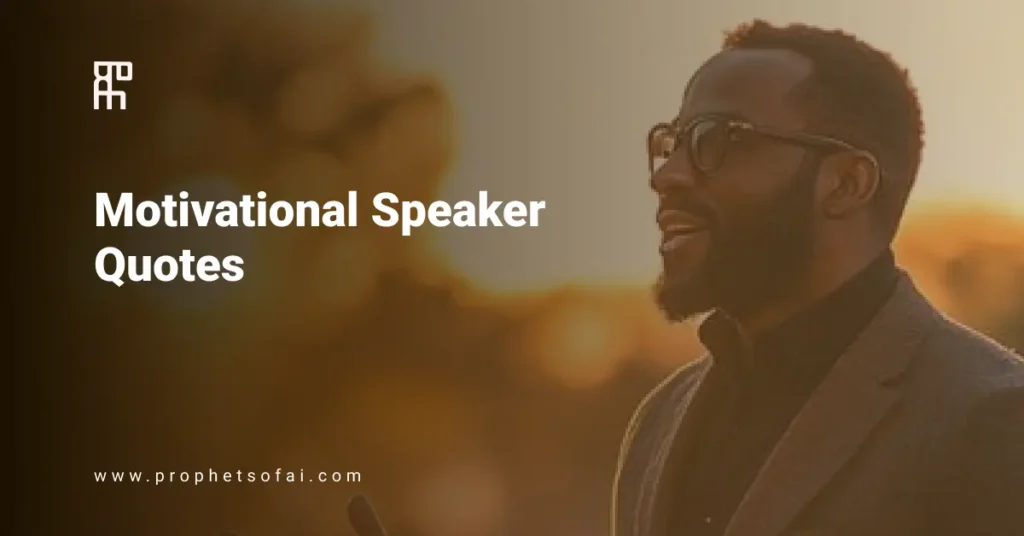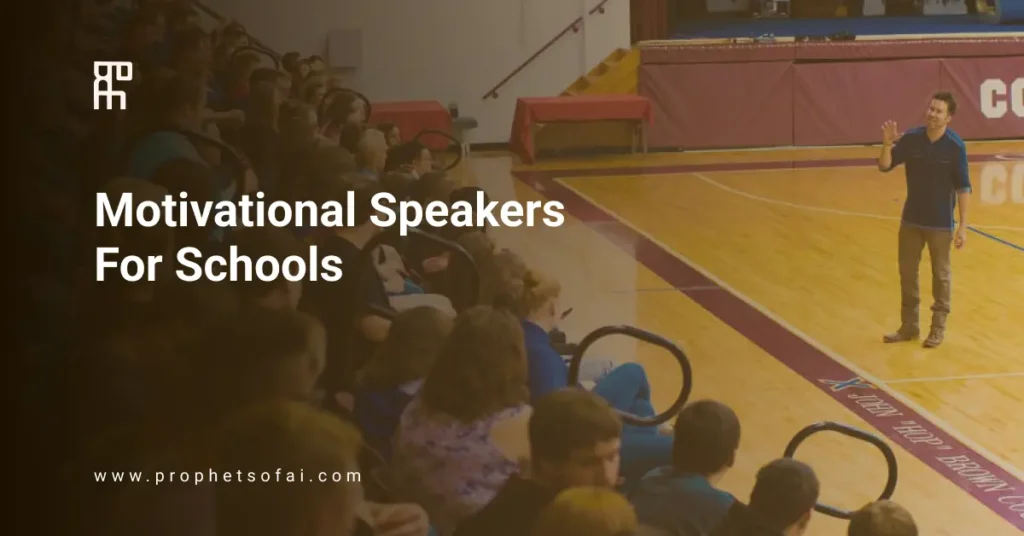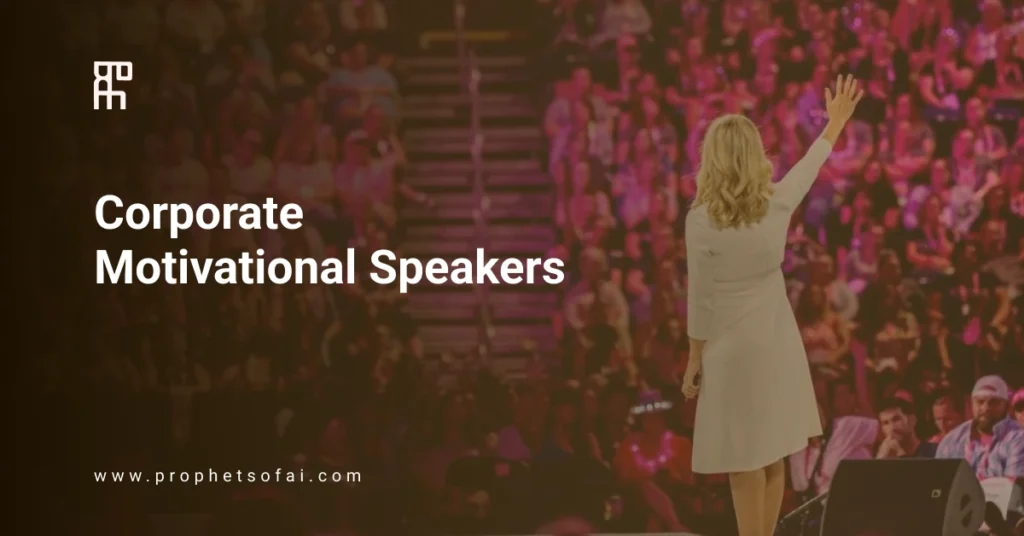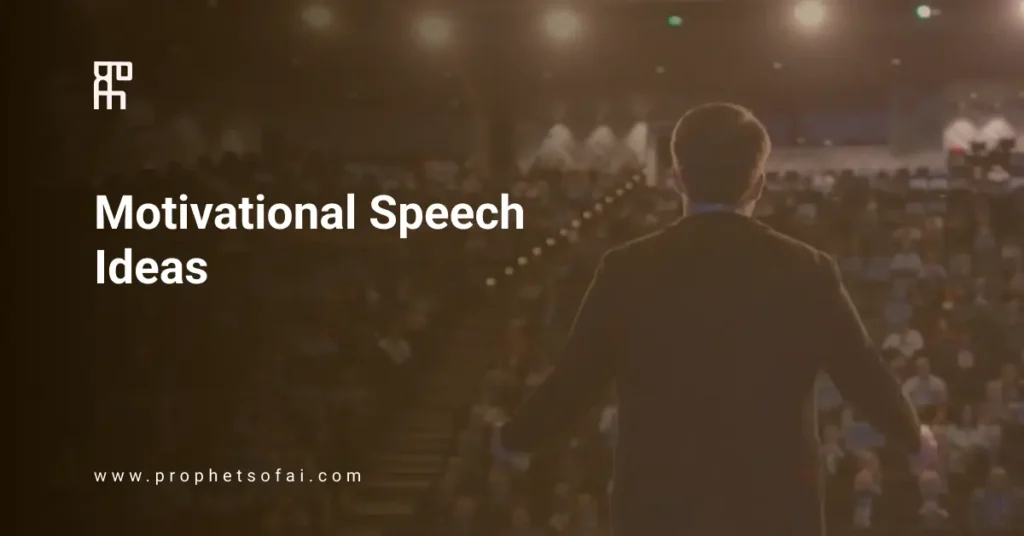Booking the wrong keynote speaker costs more than money—it wastes your audience’s time and damages your event’s credibility. The right questions reveal red flags before you sign contracts and commit your budget. These 10 questions protect your investment by helping you identify professional speakers who deliver measurable value versus those who promise more than they can deliver. This guide covers everything from customization and fees to technical requirements and contingency plans.
1. Can You Customize Your Content for Our Specific Audience?
Speakers should deliver targeted, unique content for your attendees, not recycle the same material from their standard speeches. Ask how they’ll research your organization, what specific information they need, and how much customization they typically provide. Professional speakers request detailed briefings about your industry, audience demographics, and event objectives. Generic speeches that work for “any industry” rarely resonate deeply with specialized audiences. If a speaker claims their content works perfectly for everyone without modification, that’s a significant red flag indicating they won’t meet your specific needs.
2. What Experience Do You Have in Our Industry or With Similar Audiences?
If a keynote speaker has no knowledge of your industry, their presentation will come off as shallow and uninformed. Ask for specific examples of speaking engagements with similar groups, including audience size, industry, and event format. While speakers don’t need an exact industry match, they should demonstrate the ability to quickly understand your context through research and preparation. Request case studies or testimonials from comparable events. Speakers with relevant experience will confidently share specific examples and outcomes, while those without it will give vague, generalized responses.
3. What Are Your Technical and AV Requirements?
Hash out the nitty gritty well in advance: microphone preference, special lighting needs, slide management systems, confidence monitor requirements, audio/video elements, space configuration, and setup time. Technical surprises on event day create disasters that can derail even the best content. Get a complete list upfront and share it with your venue and production team immediately. Discuss backup plans if certain equipment isn’t available. Professional speakers provide detailed technical riders that specify exactly what they need. Coordinate these requirements early—if your speaker needs specialized equipment you don’t have, you’ll need time to source it.
4. What’s Included in Your Fee and What Costs Extra?
Keynote speaker fees typically start around $1,500-$5,000 for entry-level speakers, $5,000-$15,000 for mid-range professionals, and can exceed $15,000-$50,000+ for established experts. However, quoted fees rarely include everything. Clarify whether your fee covers travel expenses, accommodation standards (economy versus business class), pre-event consultation calls, post-event follow-up sessions, recording and distribution rights, promotional videos, social media support, or extended Q&A sessions. Additional expenses may include travel arrangements, per diem costs, and technical requirements beyond standard equipment. Put all financial requirements in the contract before signing to avoid budget-breaking surprises.
5. What Will Attendees Actually Take Away From Your Presentation?
When content lacks substance, it doesn’t matter how entertaining the presentation was—attendees should leave with something actionable and helpful. Ask for specific, concrete takeaways: What exact frameworks, tools, or strategies will participants gain? How can they immediately apply this information in their work? What mindset shifts or behavioral changes should result? Vague promises of “inspiration” or “motivation” aren’t enough for professional events. You need measurable value that justifies your investment. Professional speakers articulate clear learning objectives and provide supporting materials like worksheets, resource lists, or implementation guides. Understanding what does a keynote speaker do helps clarify the expected outcomes and deliverables.
6. How Do You Engage Audiences and Handle Different Formats?
Virtual presentations don’t have the benefit of live audience energy, so speakers need specific techniques to interact effectively with virtual audiences. Ask about their experience with your specific format—in-person, virtual, or hybrid events. What audience interaction techniques do they use? How do they handle unexpected technical issues or difficult questions? Request specific examples: Do they use live polls, breakout discussions, Q&A management systems, or participation prompts? Generic answers about “keeping things engaging” don’t cut it. You need concrete strategies that demonstrate their ability to maintain attention and drive participation regardless of format.
7. Can You Provide References From Similar Events?
Hearing directly from past clients is essential for validating a speaker’s claims. Request contacts from events matching your size, industry, and format, then ask references about results, professionalism, and whether they’d book the speaker again. Professional speakers provide multiple recent references willingly and enthusiastically. Check these references actually—don’t skip this critical step. Ask specific questions: Did the speaker deliver on promises? How was their preparation process? Were there any surprises or issues? Would you recommend them without reservation? Hesitation to provide references or only offering outdated testimonials signals potential problems. What makes a good keynote speaker? References from past events provide the most reliable insight.
8. What Pre-Event and Post-Event Support Do You Offer?
Ask about involvement beyond stage time: pre-event marketing support, planning calls, arriving early for tech checks, meet-and-greets with attendees, providing additional resources, or post-event webinars. The best speakers extend value before and after their presentation through promotional materials, social media engagement, follow-up resources, or exclusive content for attendees. Clarify what’s included in the base fee versus what costs extra. Some speakers offer complimentary pre-event consultation calls and promotional support, while others charge separately for these services. Understanding the full scope of their involvement helps you maximize the speaker’s impact on your event.
9. How Will You Understand Our Event Goals?
Many speeches are based more on what the speaker thinks is valuable than what the organizer says is valuable. Ask how they’ll learn your specific objectives, what questions they typically ask clients during the briefing process, and how they measure success beyond audience applause. Professional speakers start by understanding your goals before discussing their standard content. They should ask about desired outcomes, audience challenges, organizational context, and success metrics. Speakers who immediately pitch their existing presentations without understanding your needs prioritize their convenience over your objectives. The best speakers adapt their expertise to serve your specific goals.
10. What Happens If You Can’t Make It?
Discuss cancellation policies, backup plans, refund terms, and force majeure clauses that cover unforeseen circumstances like natural disasters or political unrest. Professional speakers carry liability insurance and have clear policies about notice requirements, rescheduling options, and potential replacement speakers. Understanding contingencies before problems arise prevents last-minute scrambling and protects your budget. Ask about partial refunds for cancellations at different timeframes and whether they have professional relationships with backup speakers who could step in if absolutely necessary.
Bonus Questions to Consider
- Do you have full-length video recordings of recent presentations we can review?
- How do you interact with attendees outside the traditional speaker stage—are you available for informal networking, dinners with key stakeholders, or extended Q&A sessions?
- What’s your typical preparation timeline, and how much lead time do you need to deliver your best work?
- Can you adjust your presentation length if the schedule changes unexpectedly?
- Are you comfortable with our event being recorded or livestreamed?
- What additional services do you offer, such as workshops, breakout sessions, or follow-up coaching?
These supplementary questions help you understand the speaker’s flexibility and full value proposition.
Red Flags in Responses
Watch carefully for warning signs during your evaluation process. Major red flags include resistance to content customization or audience research, vague answers about specific takeaways or learning objectives, no recent or verifiable references from similar events, unclear or incomplete fee breakdowns with hidden costs, poor communication responsiveness during the inquiry process, unwillingness to commit to finishing on time or adjust presentation length if needed, and dismissiveness about your event’s unique requirements. Professional speakers answer all questions confidently with specific details and examples. Hesitation, evasiveness, or defensive responses reveal problems before you commit your budget and reputation.
Conclusion
These 10 questions protect your investment and ensure speakers deliver measurable value to your audience. The right speaker answers each question confidently and specifically, demonstrating their professionalism and commitment. Hesitation or vague responses signal red flags you shouldn’t ignore. Don’t rush the vetting process—your event’s success depends on thorough evaluation. Before beginning your search, make sure you understand what is a keynote speaker and whether this type of speaker fits your event needs. Prophets of AI pre-vets speakers on all these criteria, saving you time while ensuring quality.
